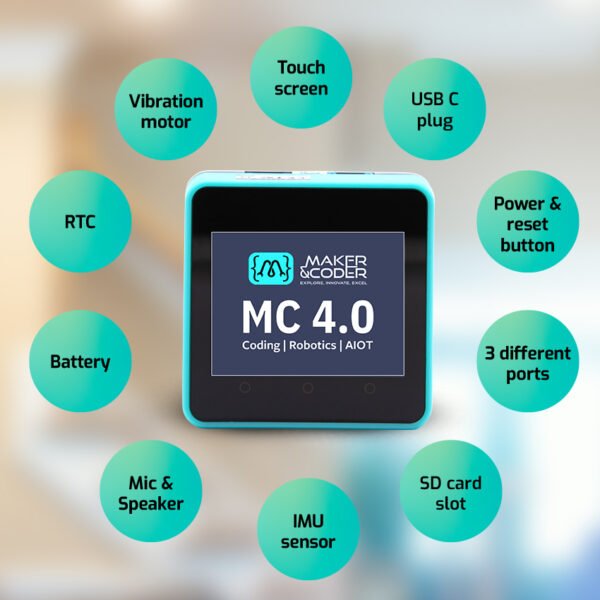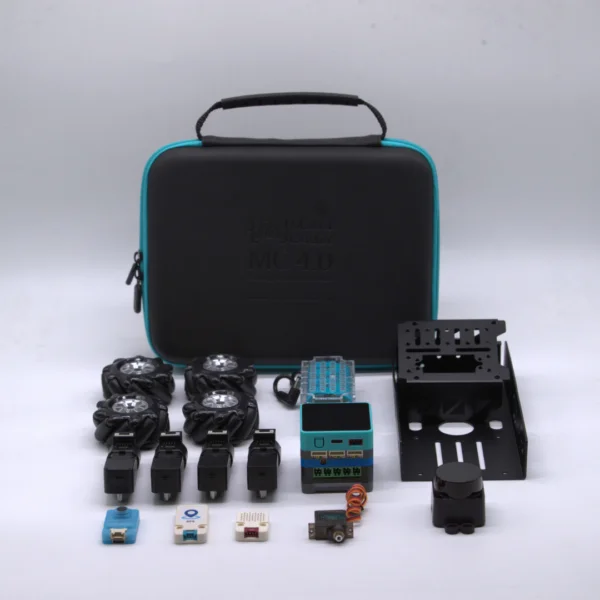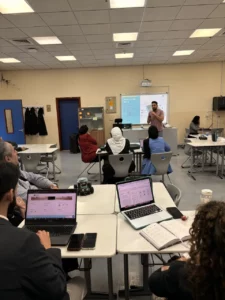Imagine a classroom where robots are more than just a figment of imagination, but a reality shaping minds and creating futures. That’s the unfolding story of how robotics for beginners is revolutionizing educational landscapes across the globe.
The Rising Importance of Robotics in Modern Education
The incorporation of robotics into educational settings is becoming increasingly significant, offering an interactive and hands-on way to learn STEM subjects. Robotics for beginners introduces students to the complexities of technology and engineering in an accessible manner, giving them the skills needed for the jobs of tomorrow.
Beyond the basics of programming and mechanics, robotics is fostering critical thinking, creativity, and problem-solving skills. Students are not just passive receivers of information but active participants in a learning process that prepares them for real-world challenges.
The demand for robotics education is driven by the rapid pace of technological advancements. To stay relevant, schools are integrating robotics into their curriculums, reflecting a broader shift towards experiential learning.
How Beginners Can Easily Step into the World of Robotics
Entering the world of robotics might seem daunting at first, but numerous resources make it accessible for beginners of all ages. Kits and online tutorials are available to guide learners through the basics of building and programming their robots.
Classrooms around the world are utilizing beginner-friendly platforms like LEGO Mindstorms and Arduino to introduce students to the fundamentals of robotics. These platforms simplify complex concepts, making learning both fun and informative.
Online communities and competitions also play a crucial role in learning robotics. They provide a supportive environment where beginners can ask questions, share projects, and learn from others’ experiences.
The Impact of Robotics on Students’ Learning and Creativity
Robotics has a transformative impact on students’ learning experiences by blending technical skills with creativity. Projects often require students to think outside the box, designing solutions to complex problems.
The collaborative nature of robotics projects enhances team-working skills among students. They learn to communicate their ideas and work together to bring their visions to life, mirroring the collaborative dynamics of the modern workplace.
Additionally, robotics can personalize learning, adapting projects to match the learner’s pace and interests. This personalized approach ensures that students remain engaged and motivated.
Through robotics, students are not just consumers of technology but also creators. They’re equipped with the knowledge and skills to innovate and shape the future, making robotics an essential component of modern education.
As we’ve explored the ripple effects of introducing robotics into education, it’s clear that this isn’t just a fleeting trend but a fundamental shift in how we teach and learn. Robotics for beginners isn’t merely teaching students about technology but is preparing them for a future where technology is inextricable from daily life.











